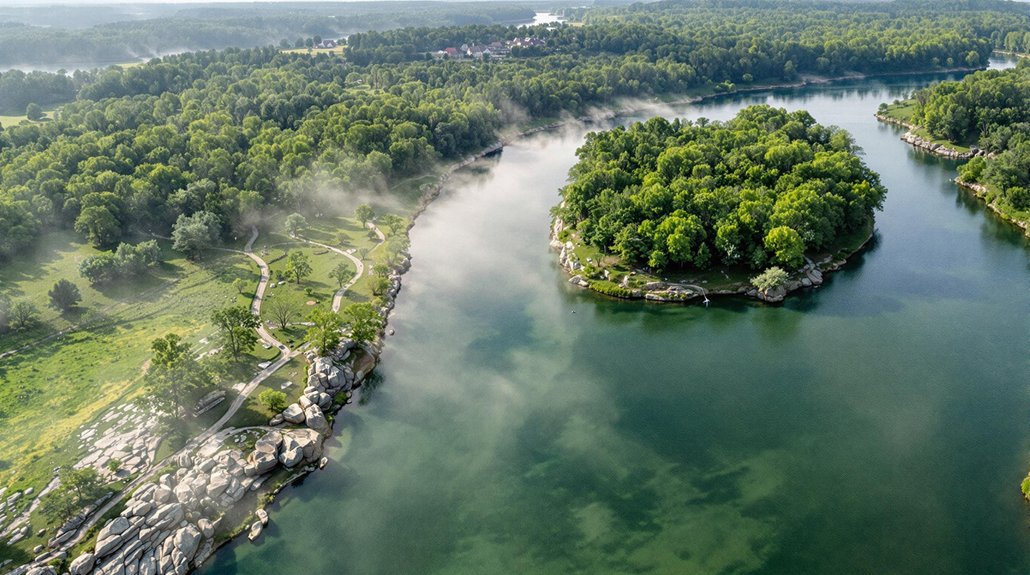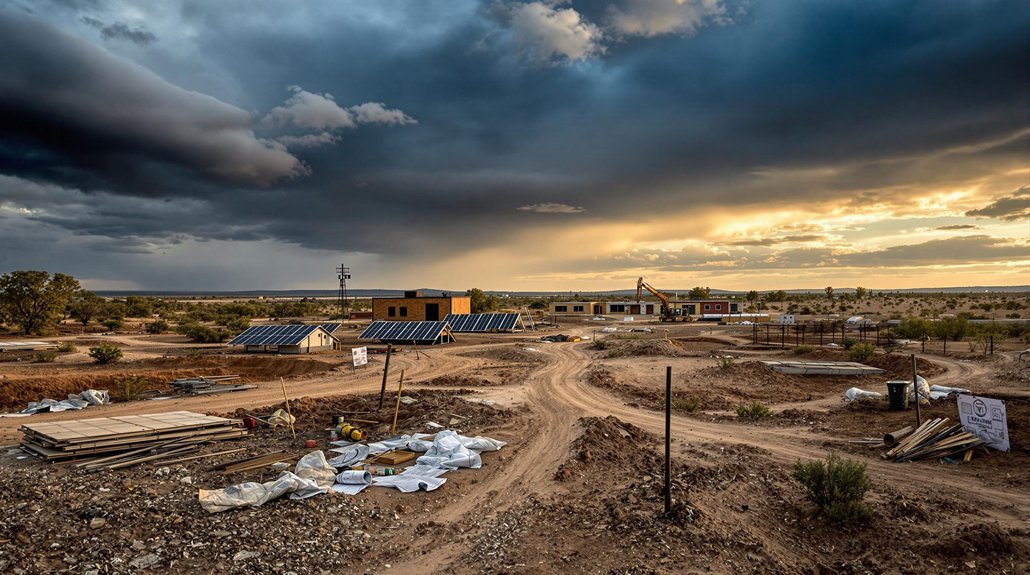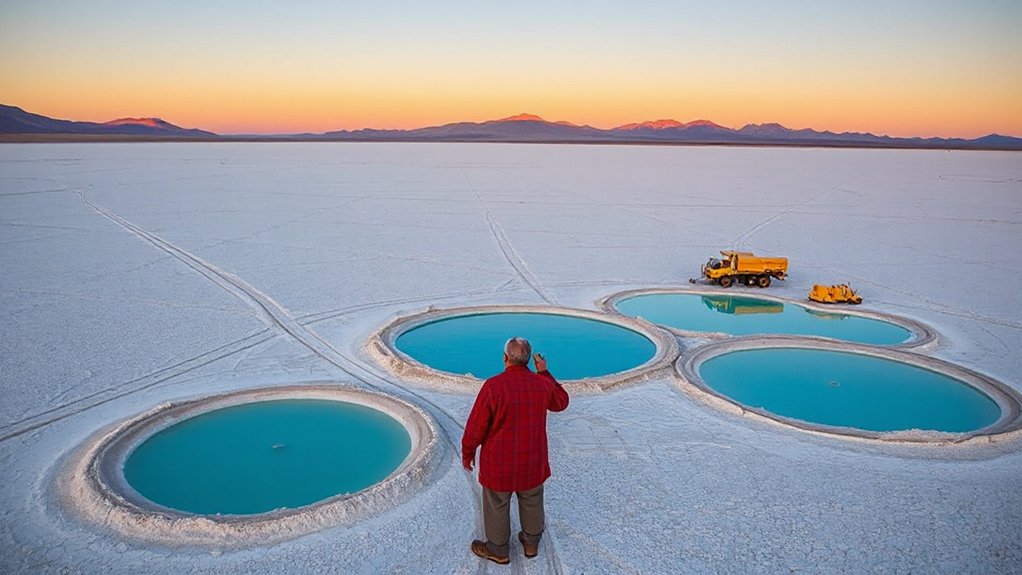The Federal Energy Regulatory Commission has stopped plans for a $3.1 billion hydroelectric plant on Oklahoma’s Kiamichi River. Officials cited regulatory failures and strong community pushback as reasons for the rejection. The Choctaw Nation and over 200 local residents opposed the project due to concerns about environmental damage and cultural sites. This decision represents a major blow to Southeast Oklahoma Power Corporation’s development ambitions. The controversy highlights the tension between energy development and protecting natural resources in rural communities.
Federal regulators have definitively shut down plans for a massive hydroelectric power plant on Oklahoma’s Kiamichi River. The Federal Energy Regulatory Commission (FERC) dismissed the proposal after the developer repeatedly failed to address required studies and regulatory concerns.
The $3.1 billion, 1,200-megawatt facility was proposed by Southeast Oklahoma Power Corporation (SEOPC) for construction in Pushmataha County, south of Talihina. The plant would have stored and released water to generate electricity during peak demand periods.
Southeast Oklahoma Power’s $3.1 billion plan would have stored and released Kiamichi River water to generate electricity during peak demand.
FERC cited the developer’s failure to provide detailed justifications for omitting certain required studies under federal regulations. This dismissal marks the fourth rejection of the project, highlighting FERC’s consistent concerns about compliance with federal rules. This dismissal is the latest in a series of setbacks for hydropower developments on the Kiamichi River.
Local opposition played a major role in the project’s defeat. The Choctaw Nation and over 200 area residents formally opposed the plant, concerned about threats to their water supplies and cultural heritage sites. The Pushmataha County Board of Commissioners and rural water districts also submitted opposition letters.
Environmental concerns were significant. The Kiamichi River serves as the primary drinking water source for several communities including Clayton and Antlers. The proposed plant would have diverted up to 15% of the river’s flow, threatening over 30 mussel and 100 fish species, including three protected under the Endangered Species Act. The shift away from such environmentally harmful projects toward clean energy sources is crucial for protecting both ecosystems and public health.
The water withdrawal requirements would have been staggering, with the project planning to take 118,184 acre-feet of water annually from the river system that local communities depend upon.
The developer faced multiple legal challenges. They failed to properly notify local landowners, leading a county judge to revoke previously granted water rights. Despite sending over 19,000 notification letters in an attempt to meet regulatory standards, the project couldn’t overcome compliance issues.
Project proponents had argued the facility would provide grid stability for Oklahoma and Texas, but opponents maintained the environmental and cultural costs were too high.
The dismissal marks a victory for local communities and environmental groups who’ve fought to protect the Kiamichi River’s ecosystem and water resources for years.









